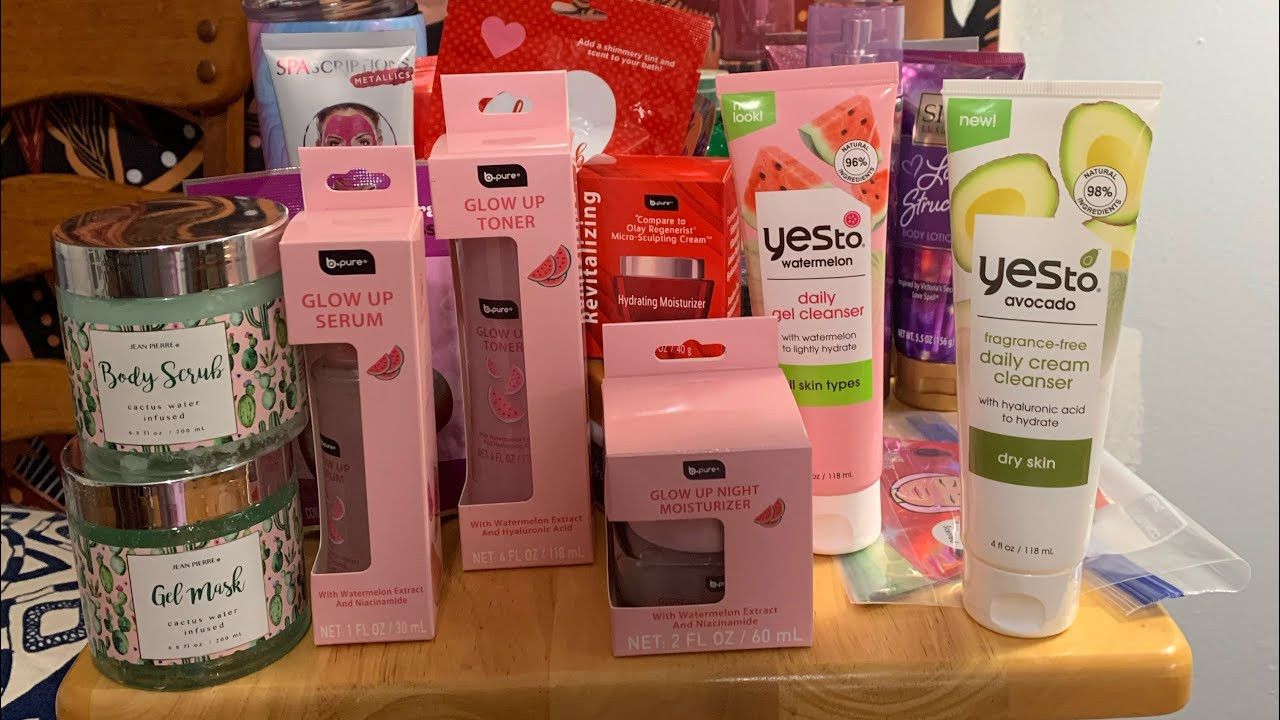Millions Lose Private Hospital Cover as Healthscope Terminates Bupa and AHSA Contracts
Australia's second-largest private hospital operator, Healthscope, has sent shockwaves through the healthcare system by announcing the termination of its contracts with two major private health insurers: Bupa and the Australian Health Services Alliance (AHSA). This drastic move will affect an estimated 6.6 million Australians, leaving them facing potentially hefty out-of-pocket expenses or the need to seek care at alternative facilities. The decision comes amidst a bitter dispute over rising healthcare costs and the insurers' refusal to accept Healthscope's proposed hospital facility fee.
The Hospital Facility Fee Dispute
Healthscope, owned by the North American private equity group Brookfield, operates 38 private hospitals across Australia. The company argues that the proposed facility fee—$50 for same-day services and $100 for overnight stays—is necessary to address the widening gap between health insurance payouts and the escalating costs of hospital care. They cite rising inflation in the sector and the closure of 70 private hospitals in the last five years as evidence of the unsustainable economic climate.
Healthscope CEO Greg Horan stated that insurers like Bupa, who are boasting record profits, are failing their core purpose of funding member care. He framed the insurers' refusal to pay the proposed fee, including the threat of legal action, as a failure to fairly cover the cost of care.
Insurers Accuse Healthscope of Unethical Tactics
However, the peak body for health funds, Private Healthcare Australia, vehemently criticized Healthscope's actions, accusing them of “throwing their toys out of the cot” and engaging in “unethical tactics.” CEO Rachel David argued that insurers cannot afford to pay above-inflation increases to hospitals, as these costs would inevitably be passed on to members, leading to downgrades or cancellations of health cover. She also highlighted the financial burden this places on patients already struggling with the cost of living.
David further criticized Healthscope's actions, labeling them as an attempt to hold health fund members hostage to secure higher profit margins for Brookfield, a $1 trillion North American private equity firm. She voiced concerns about the potential impact on patients and the ethical implications of Healthscope's actions.
AHSA CEO Andrew Sando echoed these concerns, stating that Healthscope's decision prioritizes maximizing returns for investors over the well-being of patients. He questioned the Australian government's allowance of such profit extraction from an already financially strained private healthcare system. However, Sando also emphasized that AHSA policyholders would still be able to access care at other private hospitals.
The Fallout for Patients and the Future of Private Healthcare
The fallout from Healthscope's decision is significant. Bupa's 4 million customers will be affected starting February 20, 2025, and AHSA members (including those with Defence Health, Australian Unity, HBF, Police Health, Teachers Health Fund, Westfund, and Nurses and Midwives Health) will face the same impact from March 4, 2025. This leaves millions facing the prospect of substantial out-of-pocket expenses or the necessity of finding alternative healthcare providers.
This dispute underscores the fragility of the Australian private healthcare system. The high cost of providing healthcare, coupled with the complexities of negotiating contracts between private hospitals and insurers, have created an environment ripe for conflict. This disruption highlights the vulnerabilities within the system and the need for a more sustainable and equitable approach to funding private healthcare.
The potential legal ramifications of Healthscope's actions are also significant. The decision to terminate contracts and simultaneously implement a new fee structure raises questions of legality and fairness. This unprecedented move has left the public wondering if Healthscope's actions are within the bounds of their contracts and existing laws.
The immediate concern is for the many patients who have planned surgeries and treatments within Healthscope hospitals. The impact this will have on them as they navigate their healthcare options is a major concern. The situation remains fluid, with ongoing discussions and potential legal challenges expected in the coming months. The long-term ramifications of this dispute remain unclear, potentially leading to further industry-wide changes and re-negotiations.
Navigating the Uncertainty
Patients affected by Healthscope's decision are advised to contact their doctor and health insurer to discuss alternative options for care. Health funds are working to protect consumers against such actions, highlighting the importance of considering the implications of this dispute on the landscape of Australian private healthcare. The coming months will be crucial in determining the future of this conflict and its impact on the broader healthcare sector.
The Unfolding Crisis: A Call for Reform
The Healthscope-Bupa-AHSA debacle is more than just a contract dispute; it's a symptom of a deeper malaise within the Australian private healthcare system. The soaring costs of healthcare, the increasing financial pressures on private hospitals, and the complex interplay between hospitals and health insurers have created a perfect storm. This situation underscores the urgent need for a comprehensive review of the current system. Solutions need to be found which will fairly compensate hospitals for their services, ensure reasonable costs for patients, and guarantee the stability of the private health insurance system. Only through meaningful reform can Australia’s private healthcare system ensure equitable and sustainable access for all.

















